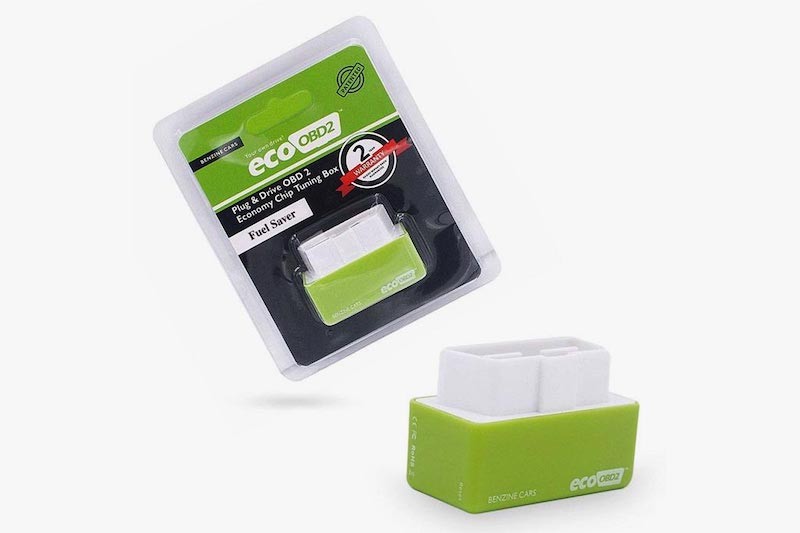Effuel, also known as Ecofuel, is a popular ECO OBD2 device marketed as a fuel-saving solution for vehicles. This small device plugs into your car’s OBD2 port and promises to optimize fuel consumption, potentially saving you money on gas. But does it live up to the hype? This article delves into Ecofuel Obd2 Device Reviews, examining its claimed benefits, installation process, and overall effectiveness.
How Does Ecofuel Work?
Ecofuel connects to your car’s Engine Control Unit (ECU) through the OBD2 port. It claims to analyze driving data and adjust the engine’s parameters to improve fuel efficiency. Manufacturers suggest that Ecofuel can lead to fuel savings of up to 35% and even enhance engine power. The device supposedly learns your driving habits over time and tailors its adjustments accordingly.
Examining Ecofuel OBD2 Device Reviews
Online reviews for Ecofuel are mixed. Some users report noticeable improvements in fuel economy, praising the device for its ease of installation and affordability. Others are more skeptical, questioning the legitimacy of the claimed savings and suggesting that results may vary significantly depending on the vehicle and driving style.
A common concern in Ecofuel OBD2 device reviews is the lack of independent, verifiable testing to support the manufacturer’s claims. Many reviewers express a desire for more scientific evidence to validate the fuel savings.
Installation and Use
One of the touted benefits of Ecofuel is its simple installation process. The device typically comes with instructions that guide users through plugging it into the OBD2 port, usually located under the dashboard. No mechanical skills are required, and the process is said to take only a few minutes.
Once installed, Ecofuel is designed to work automatically. It gathers data as you drive and makes adjustments to the engine’s performance in real-time.
Is Ecofuel a Scam or a Legitimate Solution?
Given the mixed Ecofuel OBD2 device reviews and the lack of robust scientific evidence, determining its legitimacy can be challenging. While some users have reported positive results, it’s crucial to approach such claims with caution. Factors like driving habits, vehicle maintenance, and even weather conditions can significantly influence fuel consumption.
It’s advisable to thoroughly research and consider multiple sources of information before investing in Ecofuel or any similar fuel-saving device. Looking for reviews from reputable automotive organizations or consumer protection agencies can provide valuable insights.
Considering Alternatives
While Ecofuel aims to improve fuel efficiency through engine optimization, there are other proven ways to achieve similar results. Regular vehicle maintenance, proper tire inflation, and adopting fuel-efficient driving techniques can significantly reduce gas consumption. These methods often offer more reliable and sustainable long-term benefits.
Conclusion: Weighing the Evidence
Ecofuel OBD2 device reviews paint a mixed picture of its effectiveness. While the device offers a potentially simple and affordable way to boost fuel economy, the lack of conclusive evidence and varying user experiences warrant careful consideration. Before making a purchase, conducting thorough research, considering alternative fuel-saving methods, and managing expectations are essential. Remember that individual results may vary, and no single device can guarantee dramatic fuel savings for all vehicles and driving styles. Ultimately, the decision of whether or not to try Ecofuel rests with the individual consumer, armed with informed knowledge and realistic expectations.
